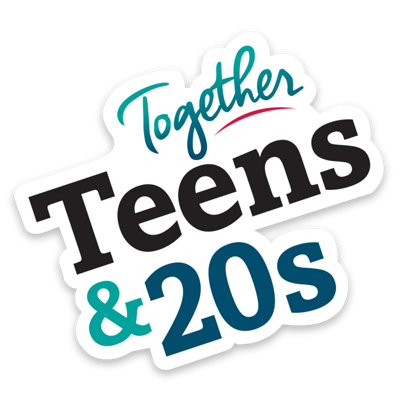After finishing cancer treatment, some children and teens may face extra challenges in school that are related to their diagnosis and/or treatment.
Some problems may not surface until months or years later. These are known as late effects of cancer treatment.
Because childhood cancer is so rare, teachers and professors may work their entire careers without having a cancer survivor in one their classes. That is why it is so important for parents to be knowledgeable about their child’s cancer, treatment, and the potential effect on school progress.
Parents can then provide information to teachers and school administrators. Hospital school program teachers, school liaisons, social workers, psychologists, and nursing care managers often help with this process. Everyone can then work as a team to create the best learning environment for the student.
Risk factors for educational problems
Factors that may put students at increased risk for difficulties in school include:
- Diagnosis of cancer at a very young age
- Numerous or prolonged school absences
- A history of learning problems before cancer diagnosis
- Cancer treatment that results in reduced energy levels
- Cancer treatment that affects hearing or vision
- Cancer treatment that results in physical disabilities
- Cancer therapy that includes treatment to the central nervous system
Treatments that may increase risk of learning and memory problems
- Chemotherapy with methotrexate — if given in high doses intravenously (IV) or injected into the spinal fluid [(intrathecal (IT) or intra-Ommaya (IO)]
- Chemotherapy with cytarabine — if given in high doses intravenously (IV)
- Chemotherapy with cisplatin or carboplatin (may affect hearing)
- Surgery involving the brain
- Radiation to the brain, ear/midfacial area behind the cheekbones
- Total body irradiation
A number of learning problems could result from treatments. Knowing the possible issues ahead of time can help teachers and parents know what to watch out for and look for signs of challenges.
Learning problems that may occur
Common problem areas include:
What can be done to help survivors as students
Three laws in particular provide for services for children and adults with disabilities.
- Section 504 — The Rehabilitation Act of 1973
- Individuals with Disabilities Act (IDEA)
- Americans with Disabilities Act
Section 504 – The Rehabilitation Act of 1973
All childhood cancer survivors who are experiencing learning problems are eligible for accommodations under this law in both K-12 schools and colleges and universities that receive federal funding. Accommodations are changes that make allowances for the child’s disabilities and help them learn better. This law provides accommodations for a student who has “a physical or mental impairment which substantially limits one or more major life activities." The student also must have a record of the impairment.
In K-12 schools, parents may request a meeting to discuss developing a 504 plan for the student. While most schools will be very willing to make accommodations to meet a student’s needs, a 504 plan puts these strategies in writing. It also provides documentation of the accommodations for future school years as well as for the ACT/SAT.
Examples of classroom accommodations include:
Individuals with Disabilities Education Act (IDEA)
The Individual with Disabilities Education Act is a federal law that requires schools to provide special education services for eligible students with disabilities. Under IDEA, "children with disabilities" must be formally evaluated, which includes educational testing.
Americans with Disabilities Act
The Americans with Disabilities Act requires equal access to public spaces, events, and opportunities for people with disabilities. These spaces include school buildings. Aids and services must be provided to individuals with vision or hearing impairments or other disabilities unless the aids and services cause an undue burden on the institution.
Physical barriers in existing facilities must be removed if the removal can happen without much difficulty or expense. If not, alternative methods of providing the services must be offered if those methods are readily achievable.
Accommodations in college
Section 504 also protects accommodations for college students with learning challenges.
Before starting college, the student should contact the school’s 504 coordinator. Students can usually find this information by visiting the college’s website and searching “Section 504” or “disability.” The office that handles these requests may be known as “disability services” or a similar name. Although they may not get all of the accommodations they were getting in high school, they should take a copy of the high school 504 Plan to the disability services office as documentation that they received those accommodations. This will be part of the packet of information to document the need for services.
The Individual with Disabilities Education Act (IDEA) ends with high school, so the IEP will not follow the student to college. All of the accommodations given under the IEP may not be available in college. But the IEP should be used as documentation of the accommodations that were given in high school and may be a “place to start” for discussions about what accommodations will be available in college.
Colleges will offer different types of support and vary in the documentation required to get services. Students should be well versed in their academic needs and able to communicate them to professors and administrators. The pediatric center’s school program, social workers, psychologists, and nurse care managers can assist students if they need help.
For more information, visit the U.S. Department of Education website.



